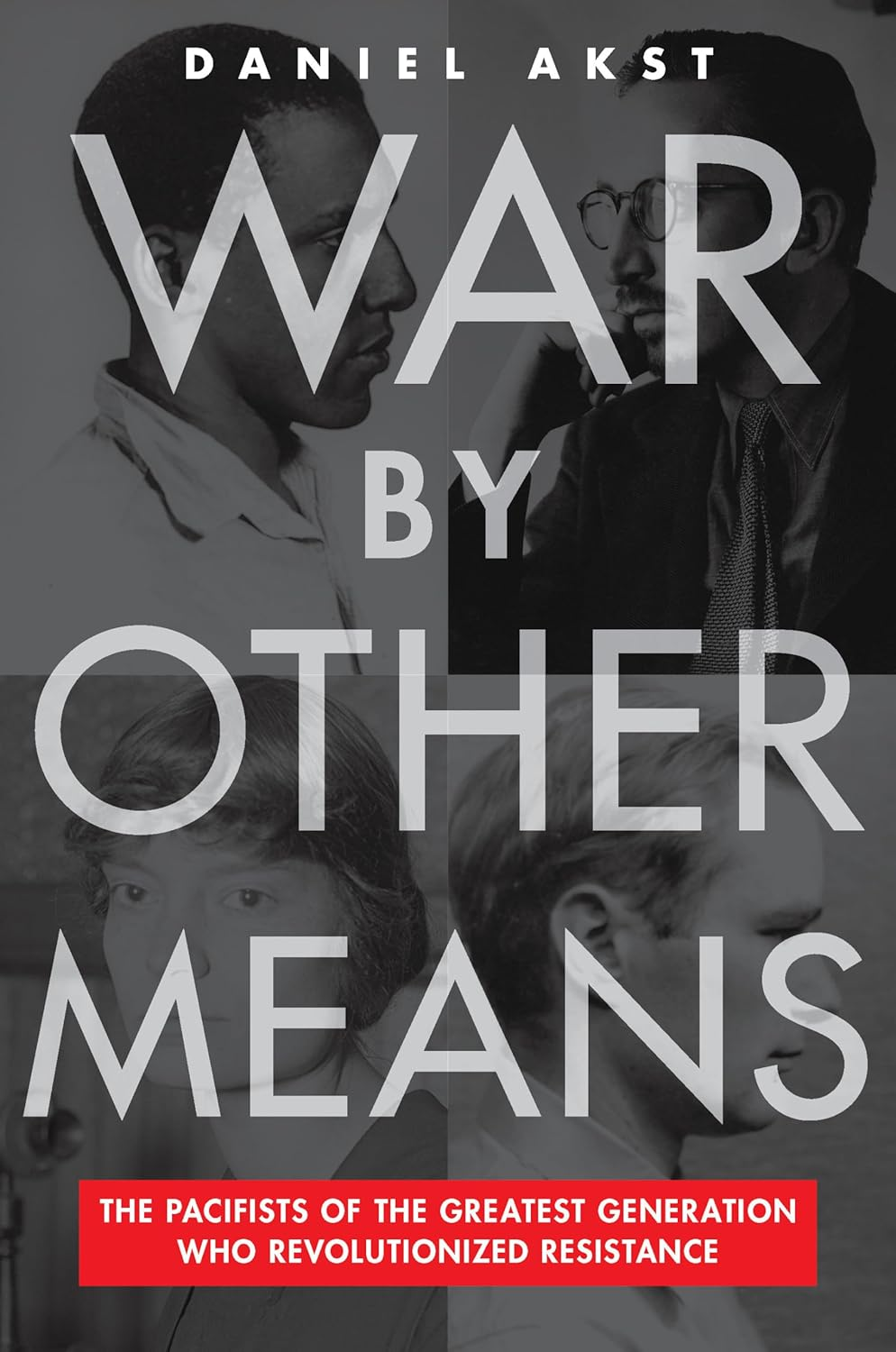The first time young David Dellinger made The New York Times was on November 3, 1932, under the headline “Yale Cub Harriers Pick Dellinger.” The story, all of two sentences, reports that the former high school track star was elected captain of the university’s freshman cross-country team. The doings of leading Yale men were news in those days, and although Dellinger was an enemy of hierarchy all his life, he was paradoxically a natural leader. Later, at New York’s Union Theological Seminary, he was made president of his class.
Eventually he would become famous as a towering and uncompromising figure in radical causes; Paul Berman, an insightful historian of the postwar Left, writes that, during Vietnam, Dellinger “became the single most important leader of the national antiwar movement.” He became a great deal more famous as a member of the Chicago Seven, whose trial on charges of criminal conspiracy and inciting to riot arose from their antiwar protests during the 1968 Democratic National Convention. Dellinger sat through the proceedings with awkward dignity along with codefendants including Abbie Hoffman, Jerry Rubin, and Tom Hayden—all radical celebrities in those fraught times. But surely Dellinger, the oldest of the lot, was the only one entitled to a sense of déjà vu, because he had been through something similar so long before.
In 1940, as he was about to begin his second year at Union, Dellinger was the de facto leader of an idealistic band of students who had decided not to register for the nation’s first peacetime draft. Long before anyone might have dreamed of the Chicago Seven, newspapers across the country were reporting on the antiwar seminarians who would become known as the Union Eight.
Despite considerable pressure from Henry Sloane Coffin—Union’s president, who was known as “Uncle Henry” behind his back—these young pacifists refused to avail themselves of a provision in the new draft law that was included with precisely their sort in mind: “Regular or duly ordained ministers of religion, and students who are preparing for the ministry in theological or divinity schools… shall be exempt from training and service (but not from registration) under this Act.”
So determined were these resisters to remain untainted by the apparatus of war that they went to federal prison—a segregated prison, reflecting a segregated society—rather than violate their beliefs by filling out a piece of paper. “The war system is an evil part of our social order,” the students wrote, “and we declare that we cannot cooperate with it in any way.” Because their objections genuinely were religious, they probably would have been granted conscientious objector status even had they not been divinity students. “War is an evil,” they wrote, “because it is in violation of the Way of Love as seen in God through Christ.”
